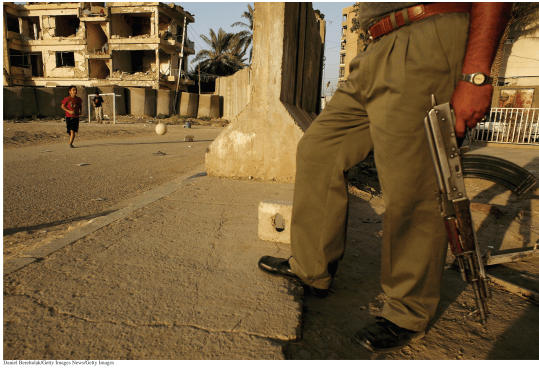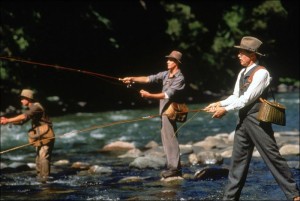Gratitude
When humans suffer they turn to recreation to push away realities miseries. Suffering is inevitable and we distract ourselves with euphoric dreams and ideas to escape. In the end, individual’s only means of having their attention drawn away from their hardships have their limits. We are then forced, to face these problems, for they are constantly reminding us of their presence. That when a well-lived individual faces such conflict, they begin to be aware of the selfishness of themselves, and how they take the small but important things in life for granted.
Countries like Ethiopia endure despair like no man living in prosperity could. Women bear the responsibility of searching for drinking water for their families. While fathers go out to work, to make a profit, to improve their way of life. The soil, that they bring water from within, has the color brown, much like the color of their skin. This implies that they are like dirt, to be stepped on. We also see a rope that has been cut on its end, where we can assume that their ties with the world are no longer there. Countries suffer because of poverty, but we ignore their cries for help. Because of its monotony. However, they are truly living because they take every little thing as important. Need not to be bountiful. If, given the opportunity, they take it. For every little thing leaves a large impact on their already developing life. While in Mumbai, India, families appreciate the boisterous recreation of a water park. For water is a tool that is used to increase the enjoyment of life. We can drink it and swim in it and bathe in it. The colors blue and white. This entails purification, innocence or cleanliness, where water is free from dirt and seen in bountiful. Masses are swimming in it, which suggests that they long for incorruption of the world’s problems and theirs. Human beings think only to oneself that when one is personally in distress, there is regard for compassion, but they are relieved. For it is not they who are in despair. Sadly, they are seen as incoherent and apathetic people towards the suffering because they use so much as to not have a care in the world that countries like Ethiopia are near their downfall because of the lack thereof.
I may never witness the poverty that the people in Ethiopia have to bear. It is a selfish thought, but I am much overjoyed that I live in a place where our daily lives are not consisted of searching. Searching for life. However, we should not digress that poverty is everywhere. People in third world countries struggle to live a day, and we grumble about things that we commonly do. We should be much grateful. Not only for water but the little things that help us live.
Individuals who appreciate the little things, truly live. This enables them to feel more compassionate and empathetic. Instead of giving in, they embrace their suffering. They are then able to face difficult obstacles and can overcome it, to search and hope that they will live another day, despite their lack of water. They are blessed because they are thankful. Sometimes all we need is gratitude.




 And we’ve that same desire to pass that knowledge on to whomever we deem fit of our trust; family, friends, maybe even to the rest of humanity if we feel like it. It’s not so much a thing that’s pressed on by society, but rather an interaction taking place organically. Knowledge passed and earned is something completely natural; just as natural as the evolution that has made us come to be. Such is the case with this grainy photograph displaying three men partaking in their favoured pastime: fly-fishing. A pastime in which the techniques and methods have been passed down, and with the growing of an individual, that given knowledge grows along with them.
And we’ve that same desire to pass that knowledge on to whomever we deem fit of our trust; family, friends, maybe even to the rest of humanity if we feel like it. It’s not so much a thing that’s pressed on by society, but rather an interaction taking place organically. Knowledge passed and earned is something completely natural; just as natural as the evolution that has made us come to be. Such is the case with this grainy photograph displaying three men partaking in their favoured pastime: fly-fishing. A pastime in which the techniques and methods have been passed down, and with the growing of an individual, that given knowledge grows along with them.